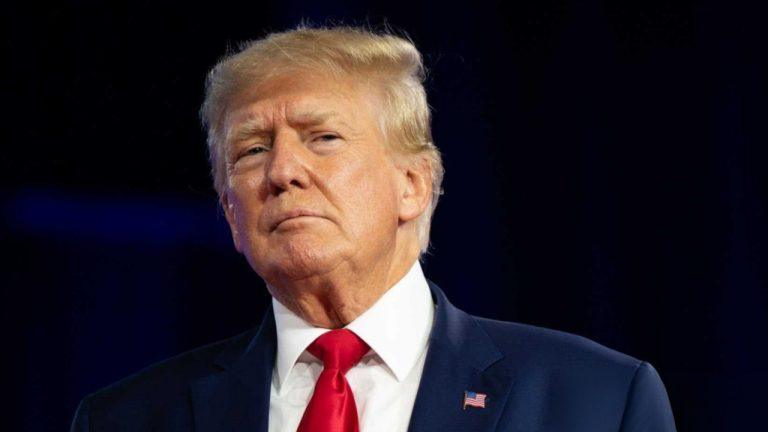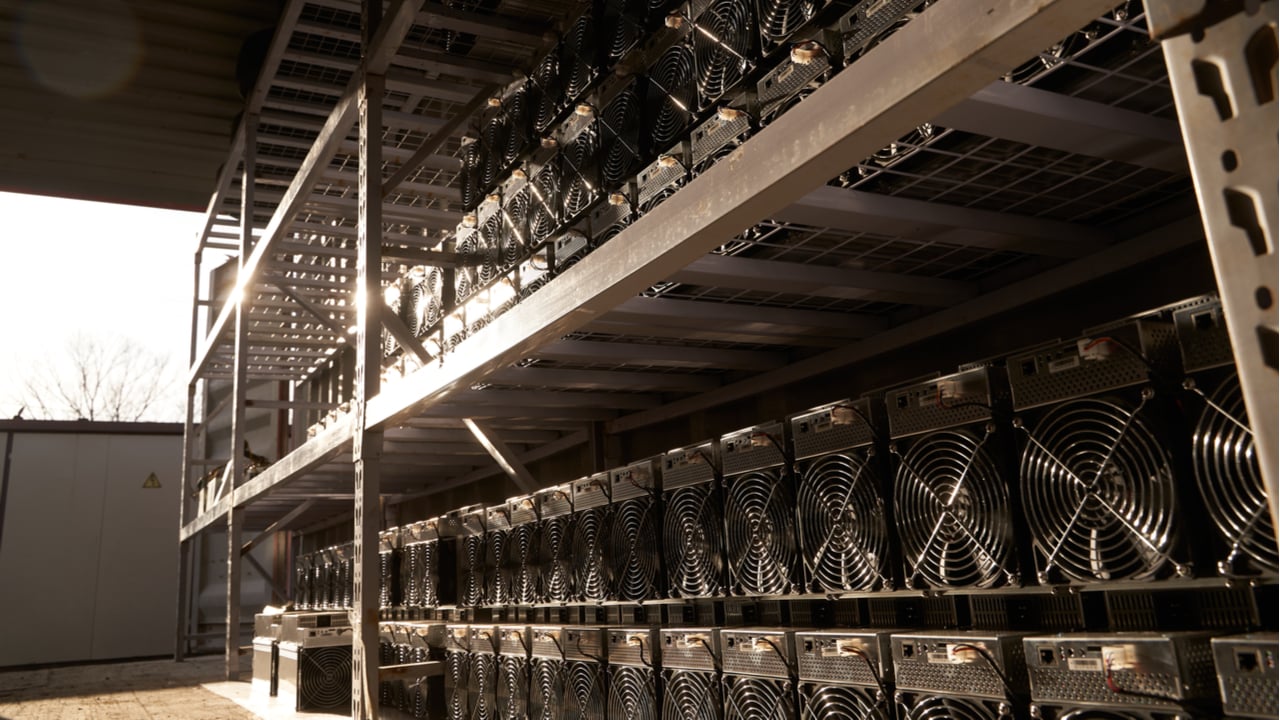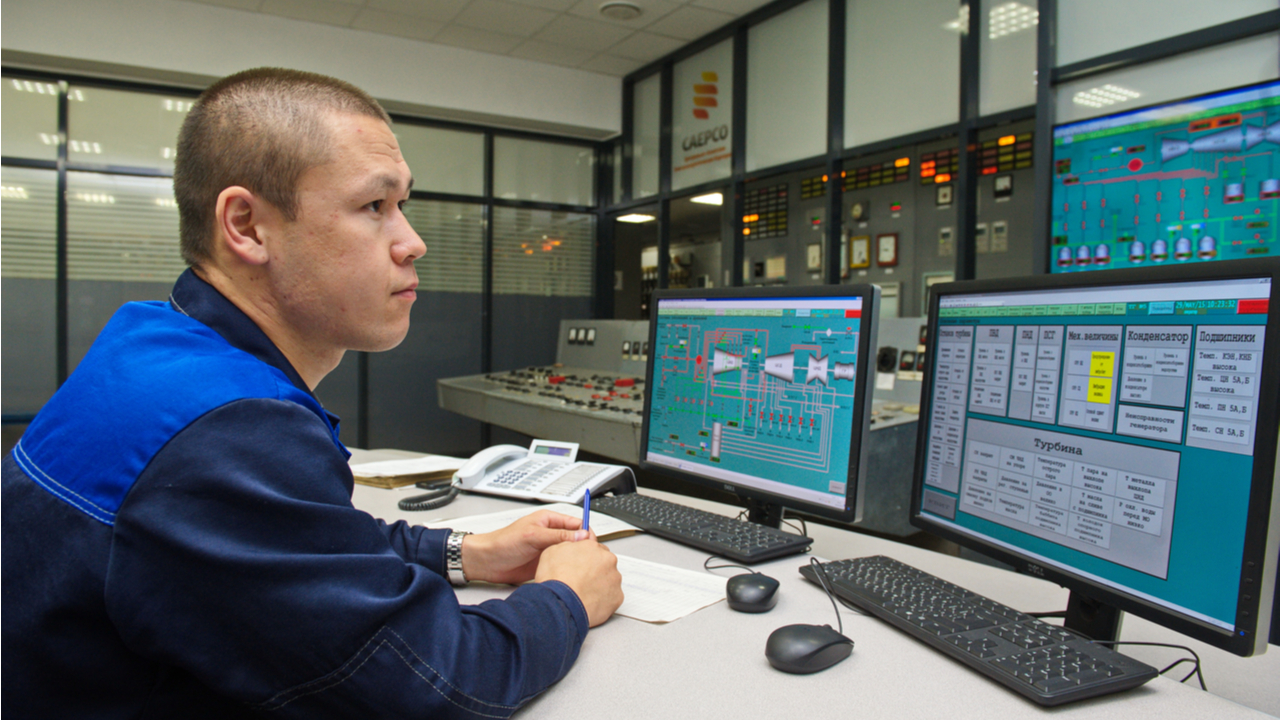
The lawsuit escalates a months-long dispute between the crypto miner and one of its energy suppliers in Canada.
Canada-based Bitcoin (BTC) miner Hut 8 Mining Corporation has ramped up its ongoing fight with its power supplier for one of its mining sites, filing a lawsuit in a Canadian court.
Hut 8 said on Jan. 26 it filed a Statement of Claim in the Superior Court of Justice of Ontario against Validus Power, an energy supplier for a Hut 8 mining facility in North Bay, Ontario.
The firms have been in an ongoing dispute since early November 2022 due to what Hut 8 alleges is a failure by Validus to “meet its contractual obligations” for the power purchase agreement (PPA).
In its new lawsuit, Hut 8 is seeking “monetary damages incurred as a result of the dispute” and enforcement of certain provisions as per the agreement signed by the two companies.
Hut 8 and Validus started working together in late 2021 with Validus initially providing 35 megawatts (MW) of power to North Bay, but was slated to provide around 100 MW by the end of 2021.

On Nov. 9, 2022, Hut 8 issued a notice of default to Validus alleging it failed to achieve milestones by the dates outlined in the PPA and claimed the firm demanded Hut 8 pay for energy that was at a higher price than that under the terms of the agreement.
An update from Hut 8 later that month revealed Validus suspended the delivery of energy to its North Bay site. Validus fired back with its own default notice alleging Hut 8 failed to pay for its power charges — a claim Hut 8 denies.
We’re in North Bay today touring @Hut8Mining’s 3rd mining site, with @PowerValidus #btc #canada pic.twitter.com/3BWNQm0Sft
— Hut 8 (@Hut8Mining) October 25, 2021
To this date, operations at the site remain suspended. Hut 8 said it’s exploring alternatives to mitigate the impact of the dispute including through “organic and inorganic growth opportunities.”
Related: Bitcoin miners’ worst days may have passed, but a few key hurdles remain
Before it was taken offline, the North Bay site had 8,800 crypto mining rigs and a hash rate capacity of 0.84 exahashes per second (EH/s), accounting for over one-fourth of its total production capacity, according to a December 2022 investor deck.
Cointelegraph contacted Validus and Hut 8 for comment but did not receive an immediate response from either firm.






